Crafting a Wealth Creation Strategy: The Power of Simplicity
When it comes to building wealth, there’s a common misconception that achieving financial freedom requires complex strategies. In reality, the path to financial success can be simpler than it seems. At its core, wealth creation relies on implementing principles and strategies that you can understand and, most importantly, stay accountable and stick to.
As Wealth Advisers, we’ve seen firsthand how the tendency to overcomplicate finance can become a barrier for many, leading to overwhelm, confusion and most of all, inaction. We get it, there is so much information out there that it can get overwhelming to try and choose the strategies that align with your circumstances and goals. However, with a roadmap, simple yet effective strategies, and the right team of experts guiding and supporting you, the path to financial freedom can be stress-free and attainable.
Tailoring Strategies to Fit Your Life
One of the most important aspects of wealth creation is recognising that financial freedom looks different for everyone. This is why the “one-size-fits-all” approach often falls short. At our core, we believe that the best strategies are those that are tailored to your unique circumstances, goals, and aspirations.
When working with our clients, we begin by understanding their current financial situation; where they are now (point A) and where they want to be (point B). For some, financial freedom might mean retiring early or travelling the world.
This is where the beauty of a personalised roadmap comes into play. Using common principles as a foundation, the strategies we implement are engineered based on your unique goals to fit your personal journey. This approach ensures that your strategy not only works, but also feels right to you. After all, a strategy that aligns with your risk appetite and goals is one you’re more likely to stick with over the long haul.
Kickstarting your journey; What can you do today
Taking action is the first step to change. Here are some immediate actions you can take.
Know your cash flow
One of the first steps is gaining clarity and understanding of your current financial situation. We can’t make changes unless we identify what’s working and what’s holding you back. Get clear on how much money is coming in and going out of your accounts.
Increase Income
Increasing your income is a powerful tool for accelerating your journey to financial freedom. Earning more opens up greater opportunities for saving, investing, paying down debt, and enhancing your lifestyle. This could be as simple as investing into career development or starting up a side hustle.
Eliminate debt and expenses
Now that you know your cash flow, identifying areas of unnecessary spending becomes clearer. Maybe you have a subscription you can cut back on, or are you spending too much on your wants over your needs? Also focusing on paying off high-interest debt first can help free up some of your cash flow as well as consider consolidating debts for lower interest rates.
Set SMART goals
Staying motivated can be hard when financial freedom feels like decades away. Having both short and long-term goals helps you stay on track and see the rewards of your efforts. Define what financial freedom looks like for you and your family. Whether it’s travelling the world, retiring early, or being debt-free, having clear goals will form the foundation of your strategy. We encourage our clients to use the SMART method when goal-setting:
Specific, Measurable, Achievable, Relevant, Time Bound
Start an emergency fund
While your journey to financial freedom is about getting there as early as possible and enjoying life along the way, mitigating risks is just as important. Life is full of unexpected events and costs that can derail your financial future. An emergency fund is your safety net, helping cushion the setback of unexpected expenses like medical bills, car repairs, or even job loss. It’s as simple as opening up a separate savings account where you make small, regular contributions.
Educate yourself
The greatest investment you can make is in yourself and your knowledge. The more you know about finances, the greater your ability will be to make informed decisions about your money. Continuous learning helps you adapt to changing economic conditions, identify growth opportunities, as well as make logical decisions over emotional ones.
Seek expert help
We can’t do everything ourselves, whether that be due to not having the time, knowledge or experience. While you go through life once, we have helped hundred’s of clients along their journies to financial freedom. Seeking advice and guidance helps you avoid common pitfalls, stay accountable, and spend more time living life on your terms.
Conclusion
Achieving financial freedom doesn’t have to be a complex or daunting task. By simplifying your approach and focusing on strategies tailored to your unique goals, you can create a clear and actionable path to wealth. Remember, it’s the small, consistent steps that often lead to the most significant results. Whether it's understanding your cash flow, eliminating debt, or setting SMART goals, each action you take today brings you closer to living life on your terms. And with the right guidance and support, your journey to financial freedom can be not only attainable but also enjoyable. Start today, and watch your financial future unfold.
About the Author
John Cachia is a seasoned financial adviser and dedicated parent of three boys. With a passion for financial literacy and wealth management, John has been in the industry since the young age of 14. His early start in finance has provided him with a wealth of experience and insight, which he now uses to guide families towards achieving their financial goals. As Australia's leading wealth adviser for young families, John is committed to helping parents become positive financial role models for their children, ensuring a secure and prosperous future for the next generation.


